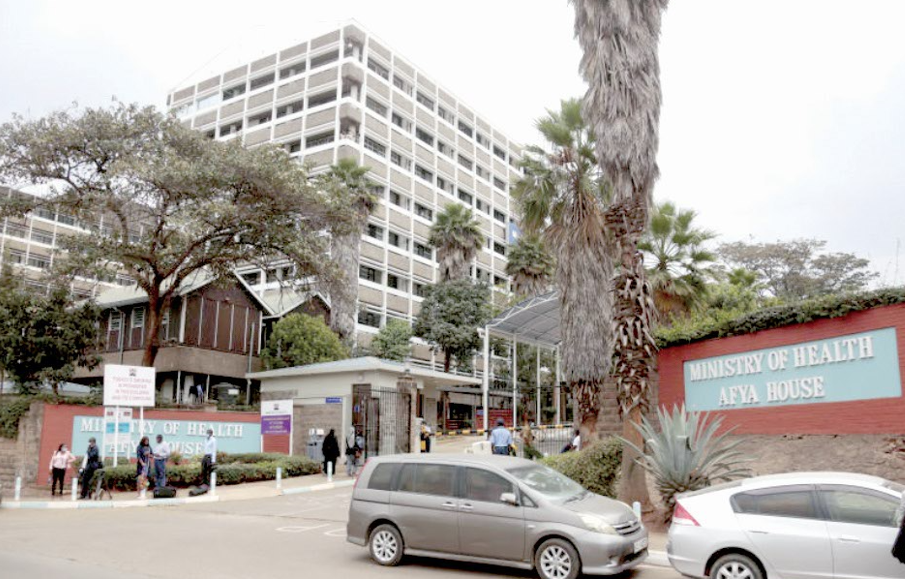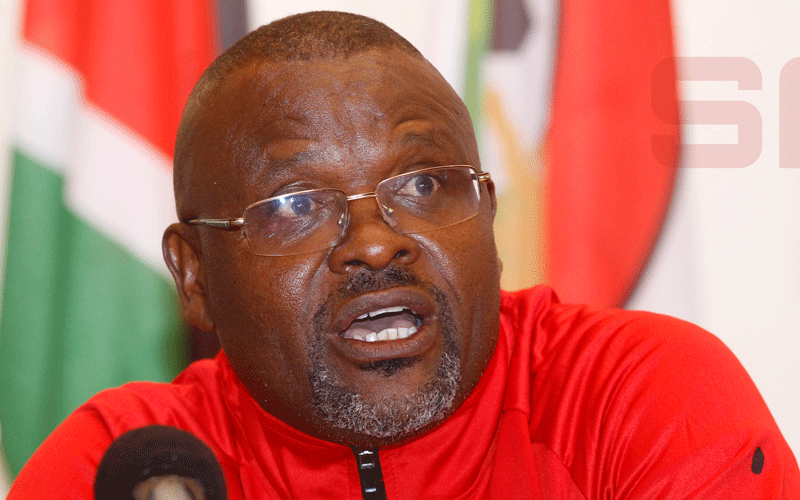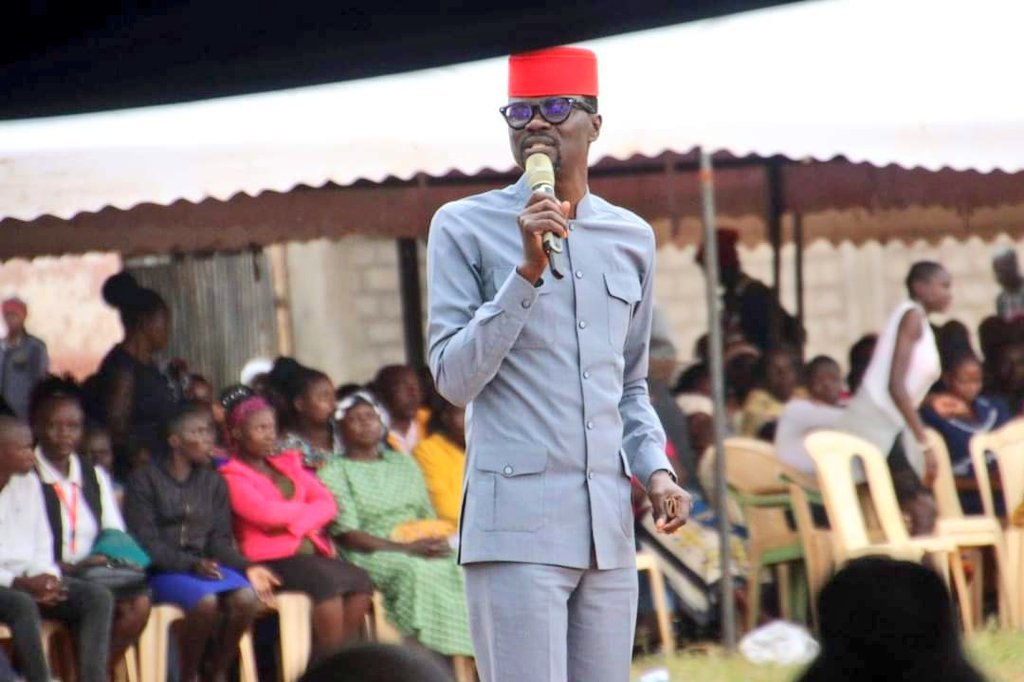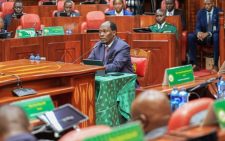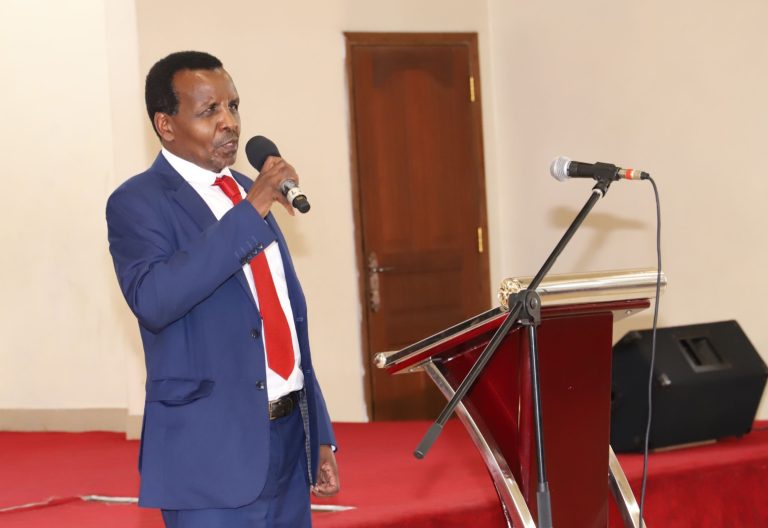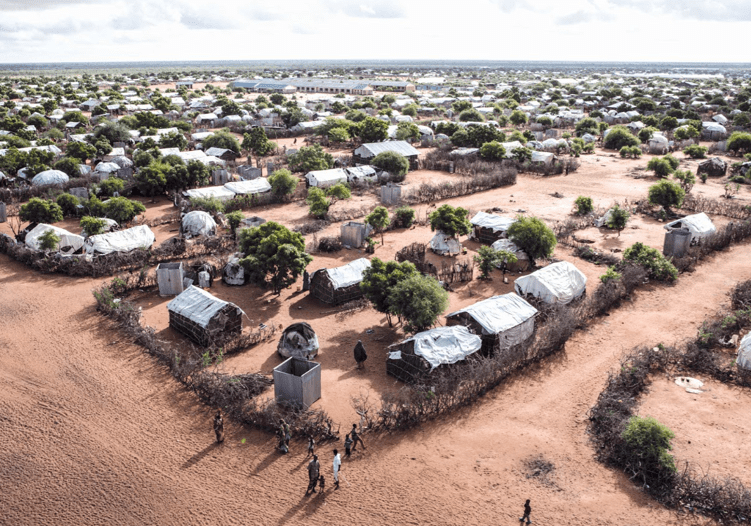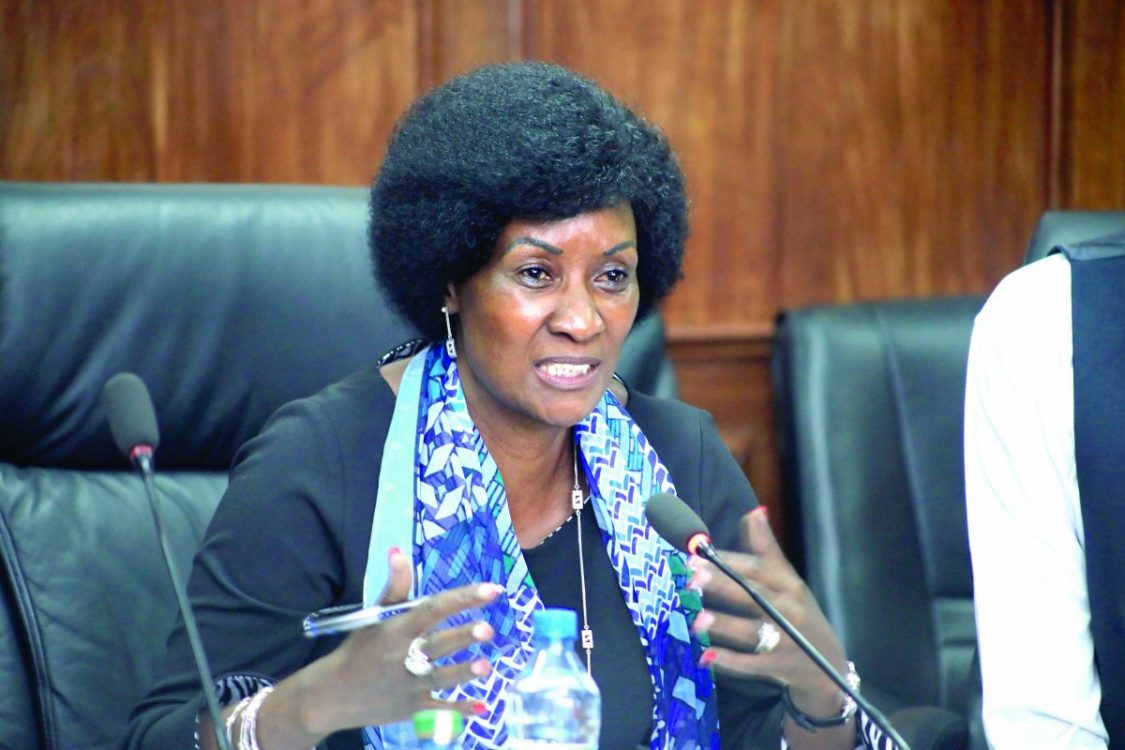Kenya selected in Covid-19 vaccine plan
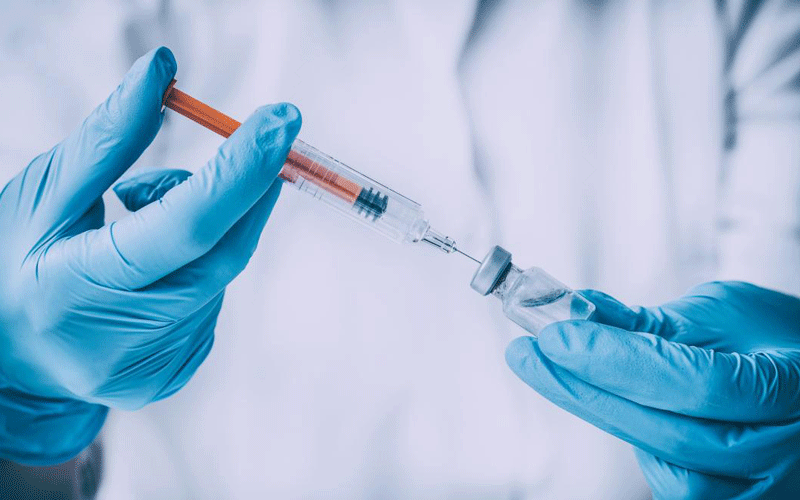
Kenya is among African nations identified for a global initiative aimed at securing at least 220 million doses of the coronavirus vaccine for the continent, World Health Organisation (WHO) Africa Regional Office says.
All 54 African countries have expressed interest in COVAX, a global initiative aimed at providing Covid-19 vaccines cheaply to all nations irrespective of their economic status.
The initiative is a network between WHO, philanthropists and other private donors.
It has already raised $700 million against an initial target of $2 billion seed funding from high-income donor countries, as well as private sector and philanthropists by the end of 2020.
The initiative is co-ordinated by the Vaccine Alliance (Gavi) which brings together government and manufacturers to procure enough vaccine doses to protect the most vulnerable populations on the continent.
Payments upfront
There are eight countries in Africa that have agreed to self-finance their vaccine doses through the COVAX facility.
Nations interesting in joining the initiative have until October 9 to make the upfront payments as binding commitments, according to WHO.
In addition, 46 countries in Africa are eligible for support from the financing instrument
“COVAX is a ground-breaking global initiative which will include African countries and ensure they are not left at the back of the queue for Covid-19 vaccines,” said Dr Matshidiso Moeti, WHO Regional Director for Africa.
Moeti says by reaching beyond the continent to work together with other governments and manufacturers on a global scale and pooling buying power, countries can protect the people most vulnerable to the disease in Africa.
Through the initiative, vaccines that have passed regulatory approval or WHO pre-qualification will be delivered equally to all participating countries, proportional to their populations.
Health workers and other vulnerable populations will be prioritised and then vaccine availability will expand to cover additional priority populations in participating countries.
African countries will need to have in place the right systems and infrastructure to define the regulatory and ethical pathways for a quick approval of a candidate vaccine.
They will need to have logistics and supply chain systems which can reach not only the traditional target populations for routine immunizations and campaigns but be ready to vaccinate a much larger target population.

